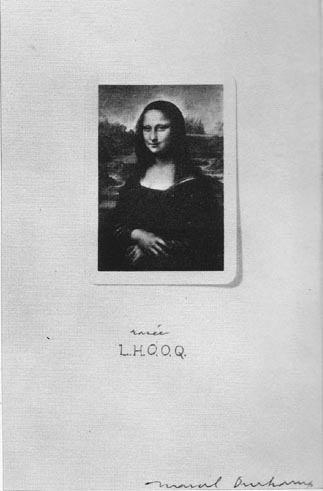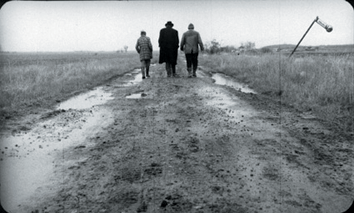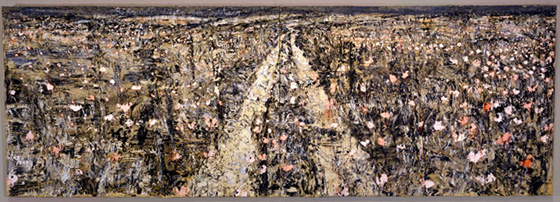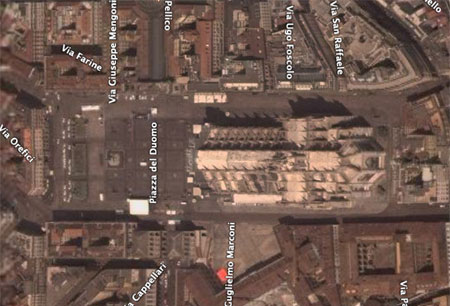I went for a walk over the dunes again this morning
to the sea,
then turned right along
the surf
rounded a naked headland
and returned
along the inlet shore:
it was muggy sunny, the wind from the sea steady and high,
crisp in the running sand,
some breakthroughs of sun
but after a bit
continuous overcast:
the walk liberating, I was released from forms,
from the perpendiculars,
straight lines, blocks, boxes, binds
of thought
into the hues, shadings, rises, flowing bends and blends
of sight:
I allow myself eddies of meaning:
yield to a direction of significance
running
like a stream through the geography of my work:
you can find
in my sayings
swerves of action
like the inlet’s cutting edge:
there are dunes of motion,
organizations of grass, white sandy paths of remembrance
in the overall wandering of mirroring mind:
but Overall is beyond me: is the sum of these events
I cannot draw, the ledger I cannot keep, the accounting
beyond the account:
in nature there are few sharp lines: there are areas of
primrose
more or less dispersed;
disorderly orders of bayberry; between the rows
of dunes
irregular swamps of reeds
though not reeds alone, but grass bayberry, yarrow, all . . .
predominantly reeds:
I have reached no conclusions, have erected no boundaries,
shutting out and shutting in, separating inside
from outside: I have
drawn no lines:
as
manifold events of sand
change the dune’s shape that will not be the same shape
tomorrow,
so I am willing to go along, to accept
the becoming
thought, to stake off no beginnings or ends establish
no walls:
by transitions the land falls from grassy dunes to creek
to undercreek: but there are no lines though
change in that transition is clear
as any sharpness: but “sharpness” spread out,
allowed to occur over a wider range
than mental lines can keep:
the moon was full last night: today, low tide was low:
black shoals of mussels exposed to the risk
of air
and, earlier, of sun,
waved in and out with the waterline, waterline inexact,
caught always in the event of change:
a young mottled gull stood free on the shoals
and ate
to vomiting: another gull, squawking possession, cracked a crab,
picked out the entrails, swallowed the soft-shelled legs, a ruddy
turnstone running in to snatch leftover bits:
risk is full: every living thing in
siege: the demand is life, to keep life: the small
white blacklegged egret, how beautiful, quietly stalks and spears
the shallows, darts to shore
to stab – what? I couldn’t
see against the black mudflats – a frightened
fiddler crab?
the news to my left over the dunes and
reeds and bayberry clumps was
fall: thousands of tree swallows
gathering for flight:
an order held
in constant change: a congregation
rich with entropy: nevertheless, separable, noticeable
as one event,
not chaos: preparations for
flight from winter,
cheet, cheet, cheet, cheet, wings rifling the green clumps
beaks
at the bayberries
a perception full of wind, flight, curve,
sound:
the possibility of rule as the sum of rulelessness:
the “field” of action
with moving, incalculable center:
in the smaller view, order tight with shape:
blue tiny flowers on a leafless weed: carapace of crab:
snail shell:
pulsations of order
in the bellies of minnows: orders swallowed,
broken down, transferred through membranes
to strengthen larger orders: but in the large view, no
lines or changeless shapes: the working in and out, together
and against, of millions of events: this,
so that I make
no form of
formlessness:
orders as summaries, as outcomes of actions override
or in some way result, not predictably (seeing me gain
the top of a dune,
the swallows
could take flight – some other fields of bayberry
could enter fall
berryless) and there is serenity:
no arranged terror: no forcing of image, plan,
or thought:
no propaganda, no humbling of reality to precept:
terror pervades but is not arranged, all possibilities
of escape open: no route shut, except in
the sudden loss of all routes:
I see narrow orders, limited tightness, but will
not run to that easy victory:
still around the looser, wider forces work:
I will try
to fasten into order enlarging grasps of disorder, widening
scope, but enjoying the freedom that
Scope eludes my grasp, that there is no finality of vision,
that I have perceived nothing completely,
that tomorrow a new walk is a new walk.
(A. R. Ammons)





